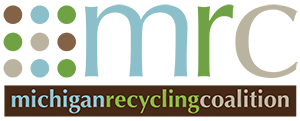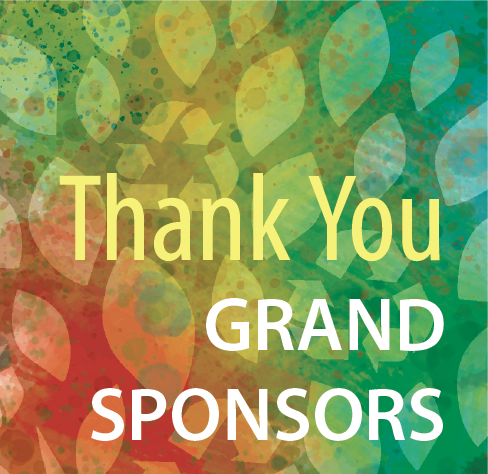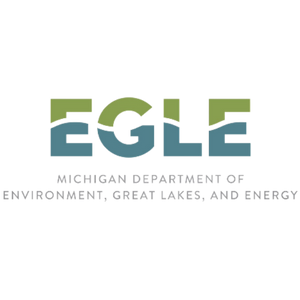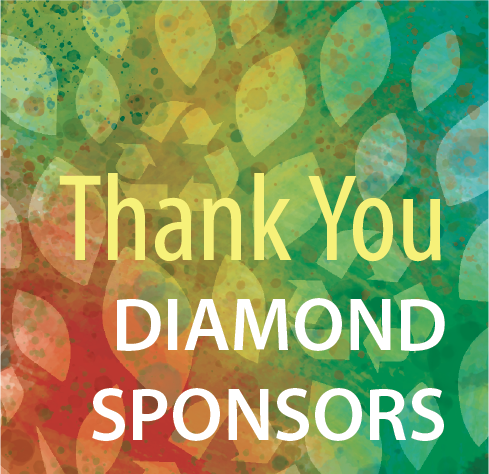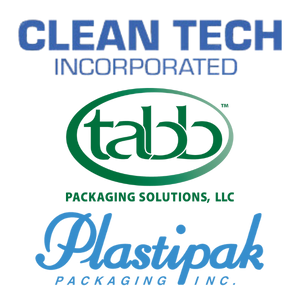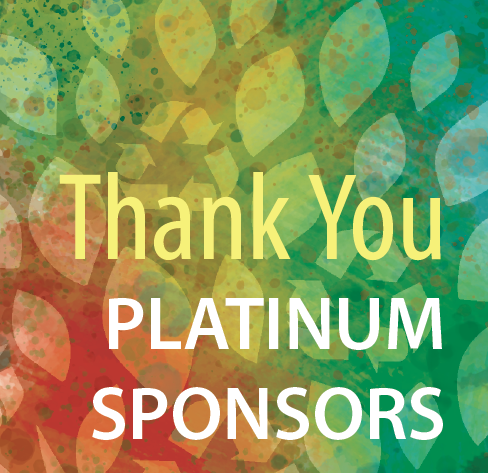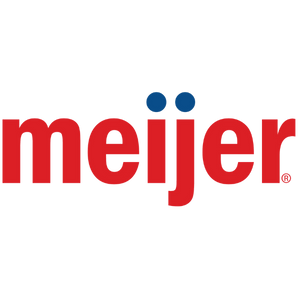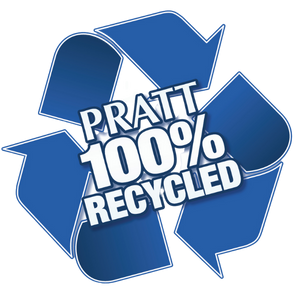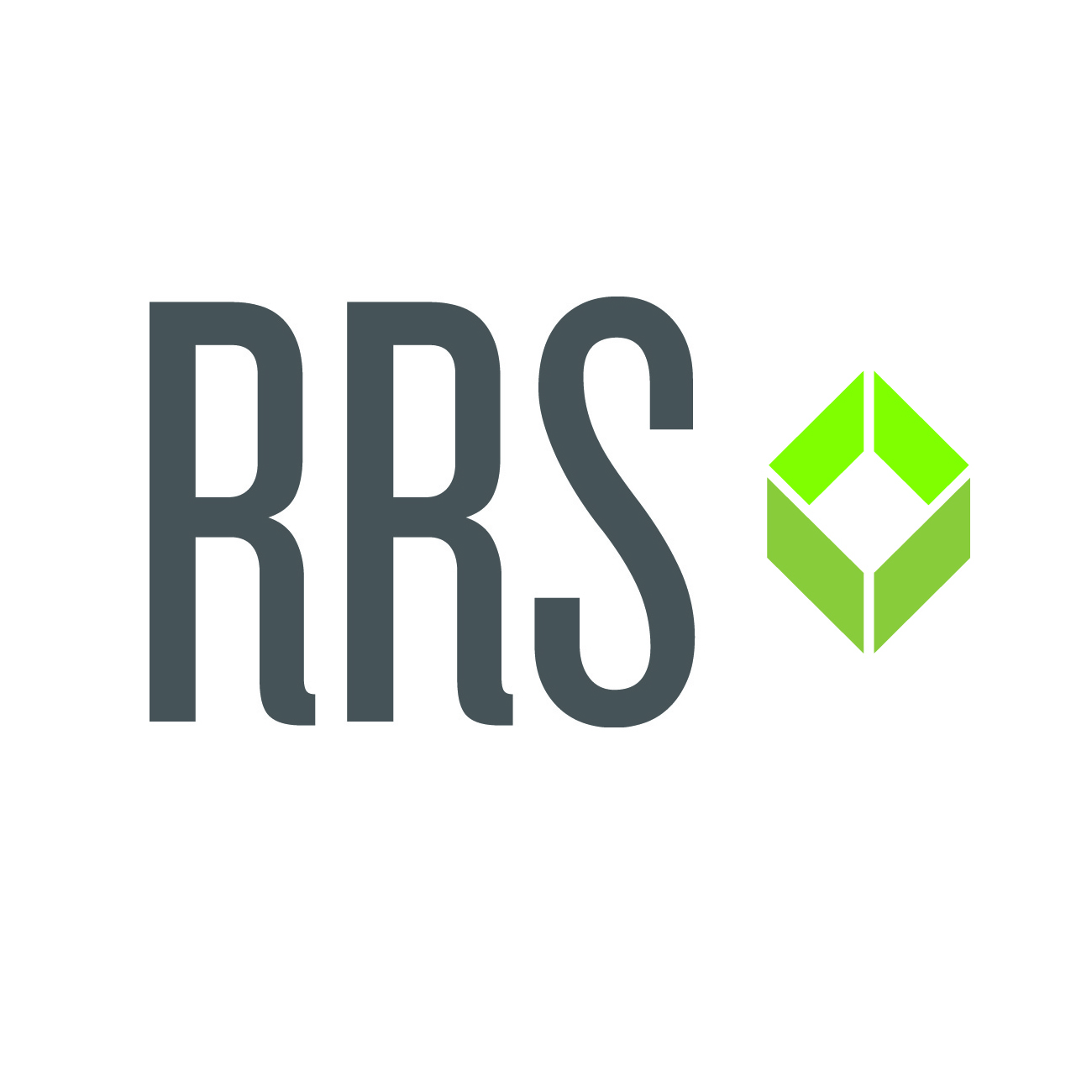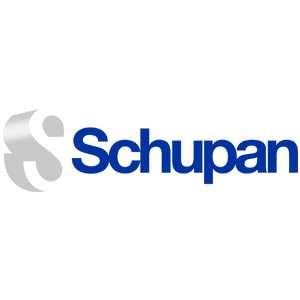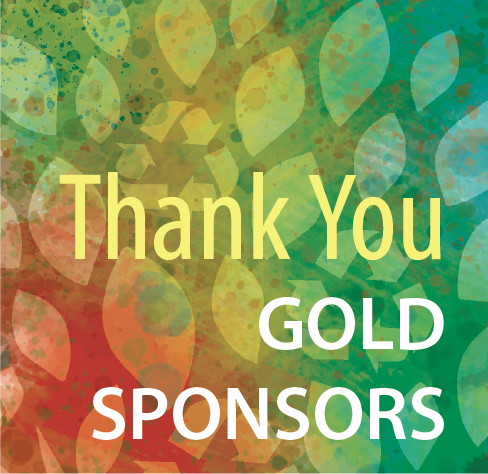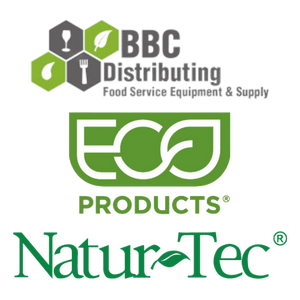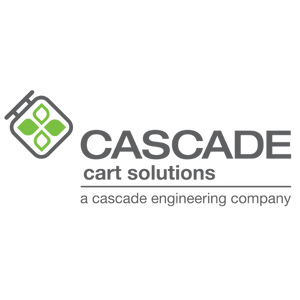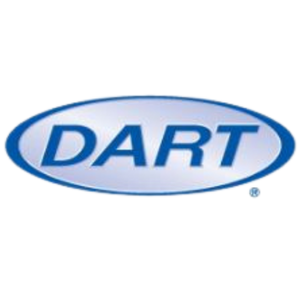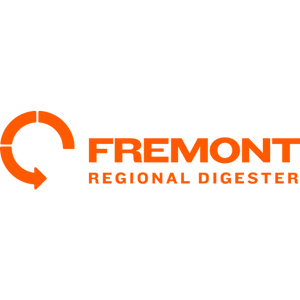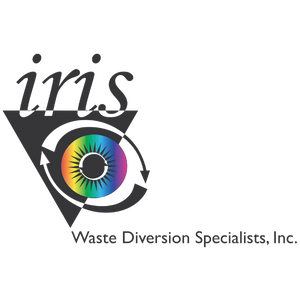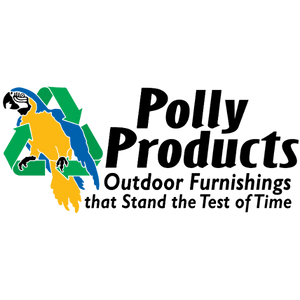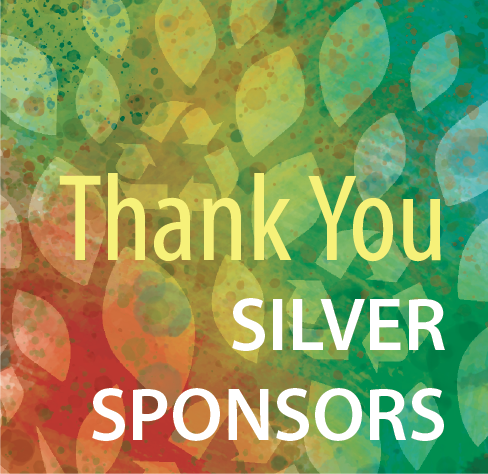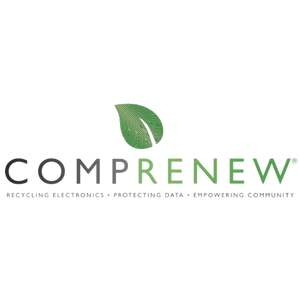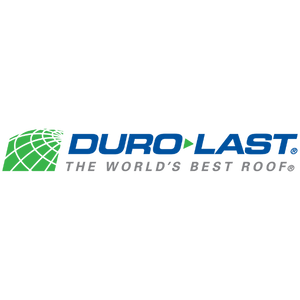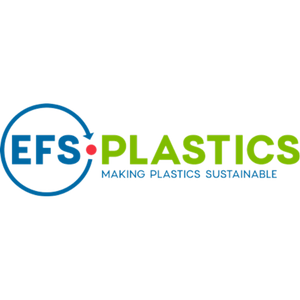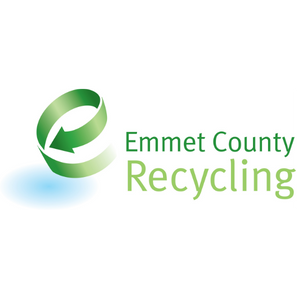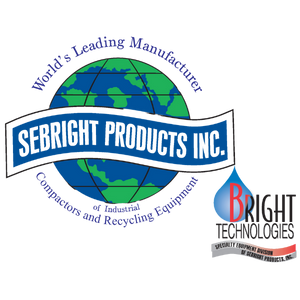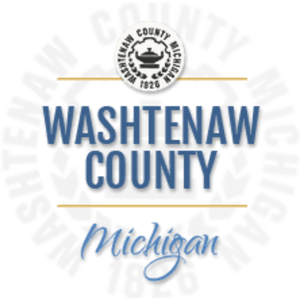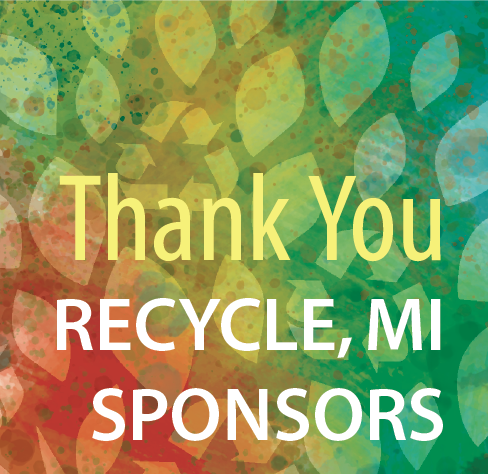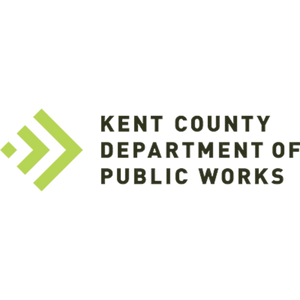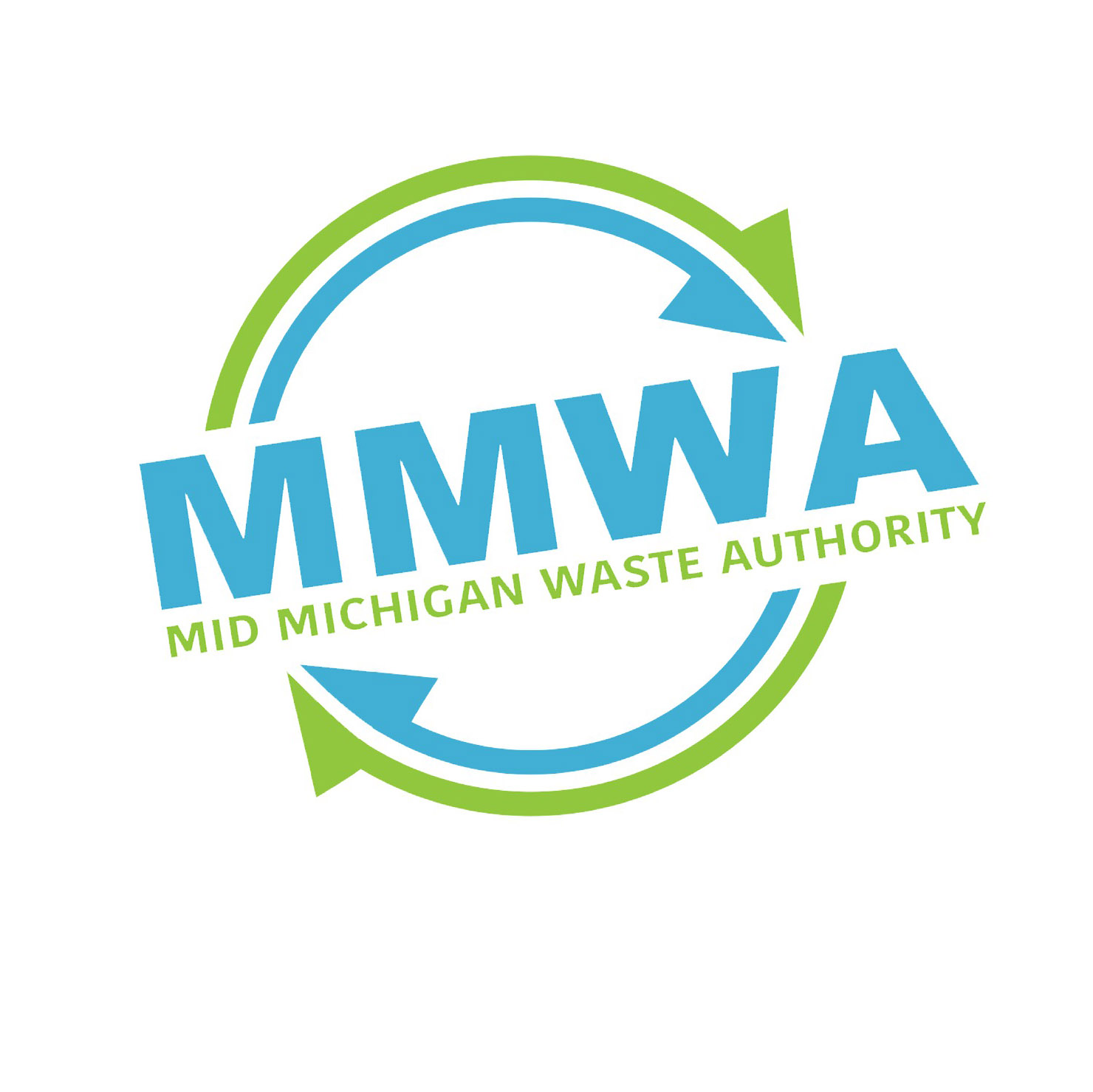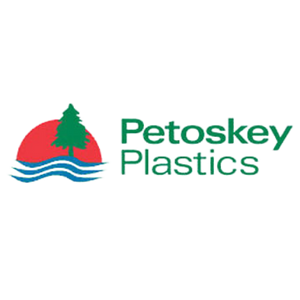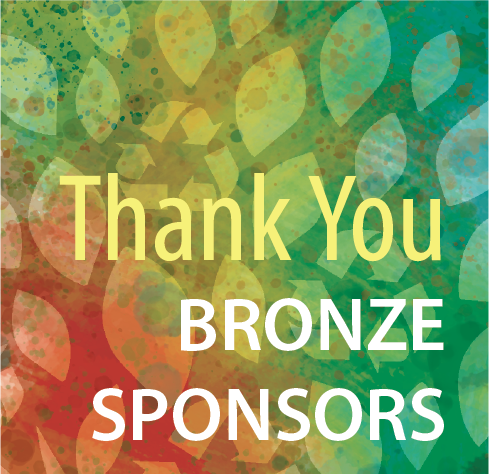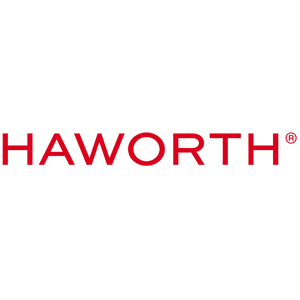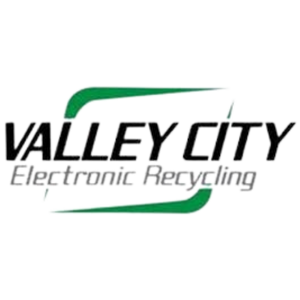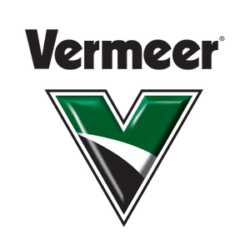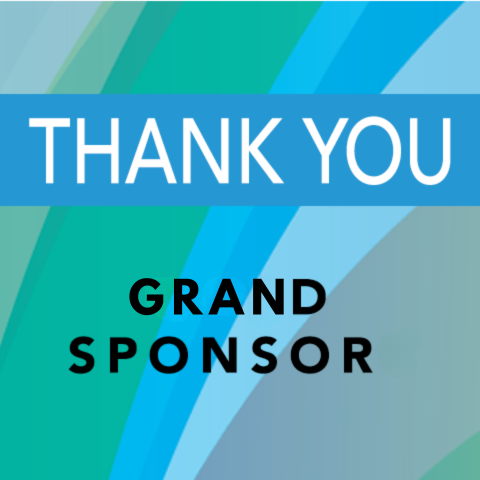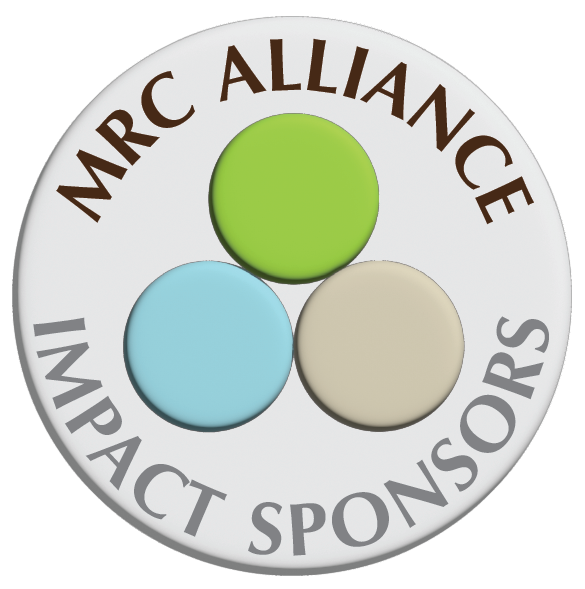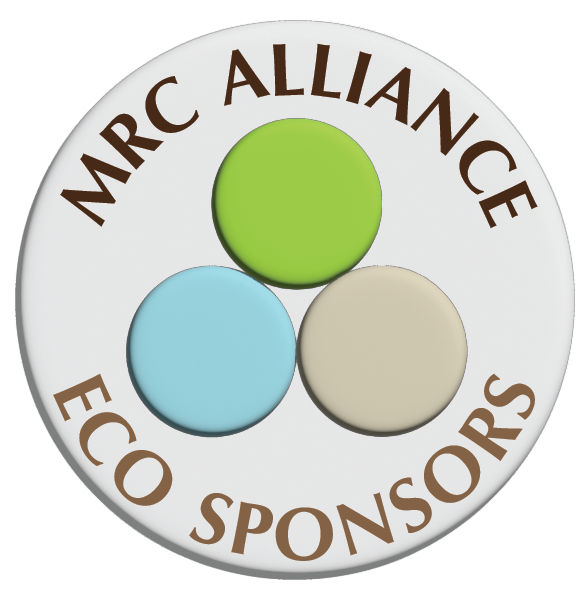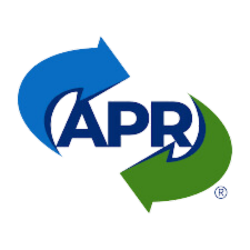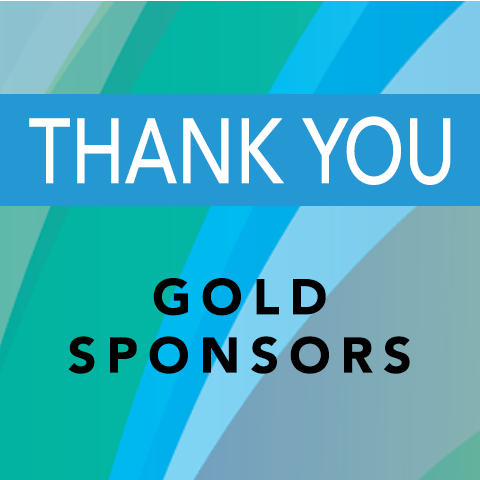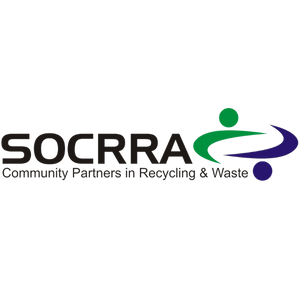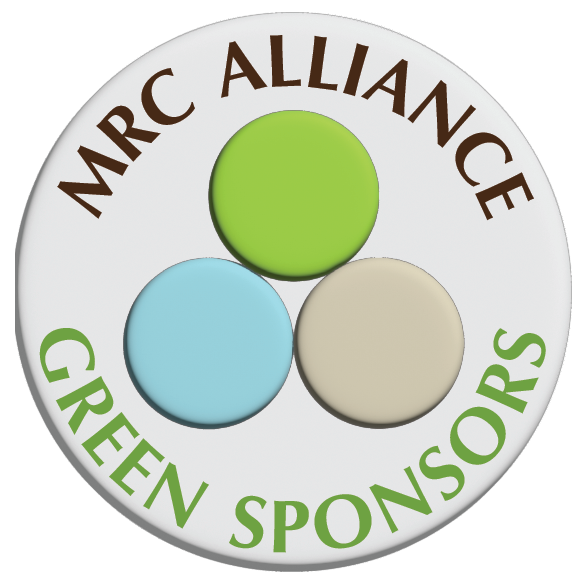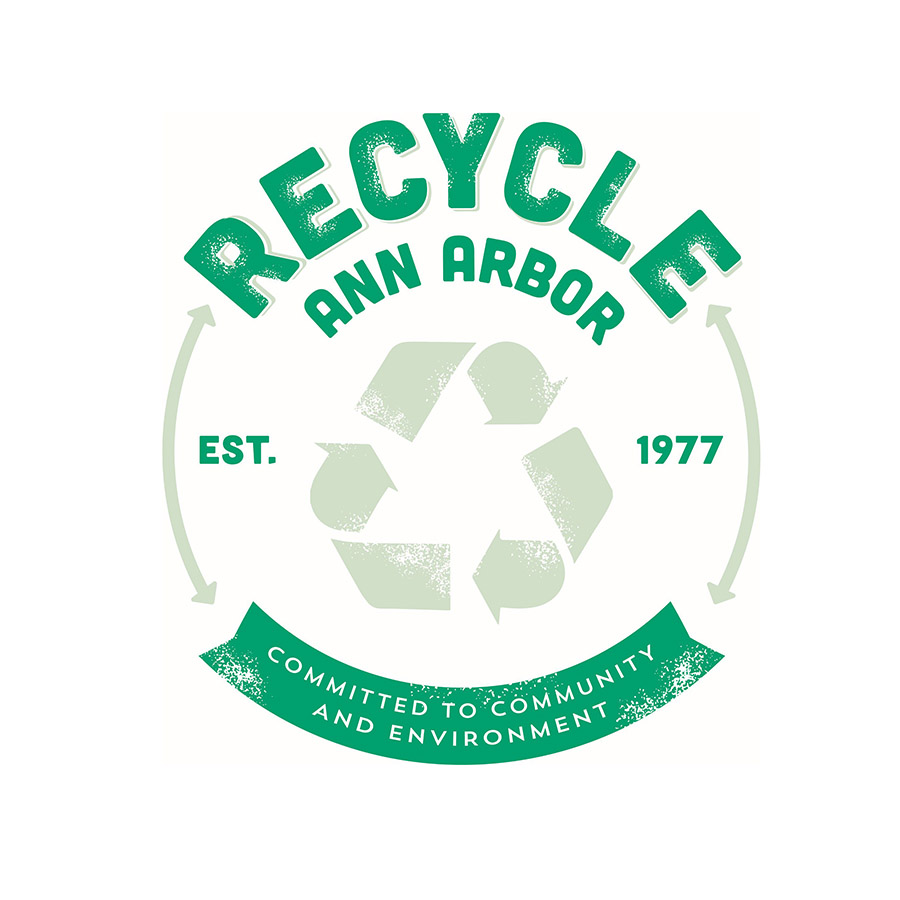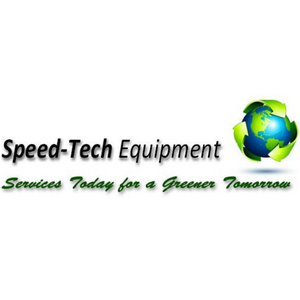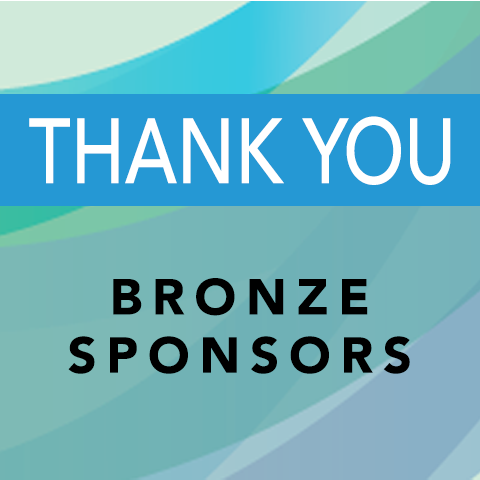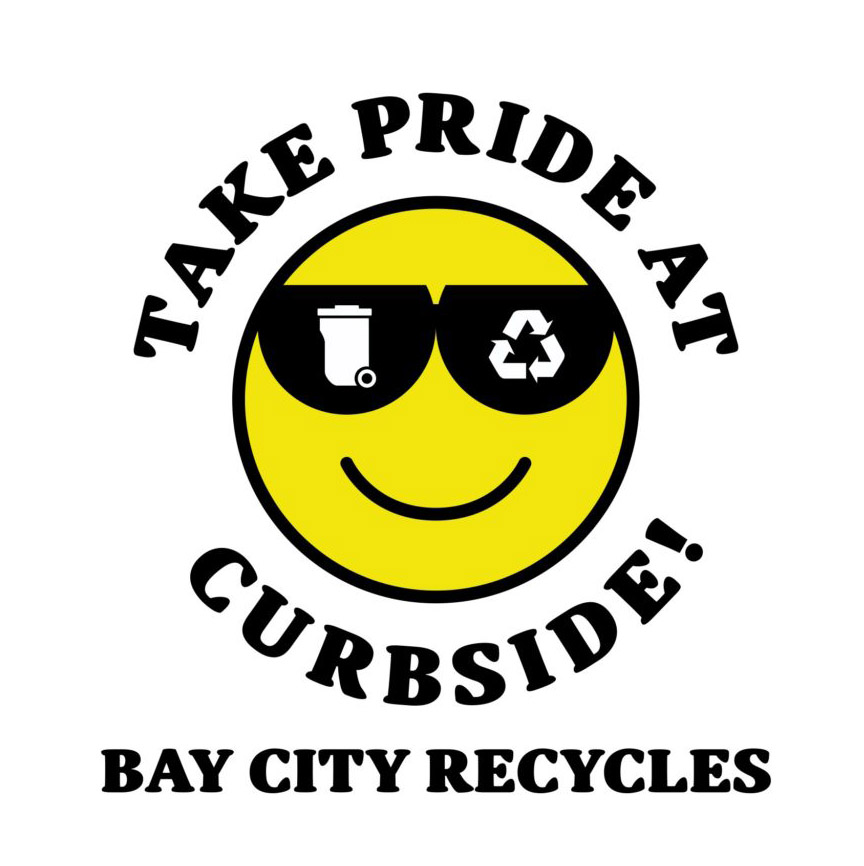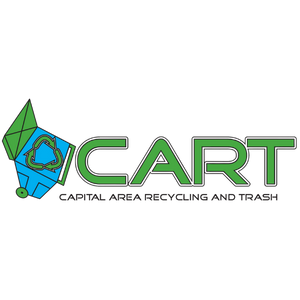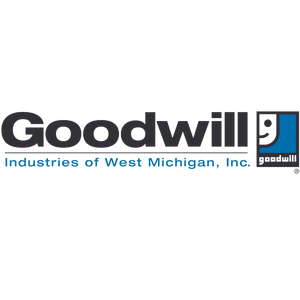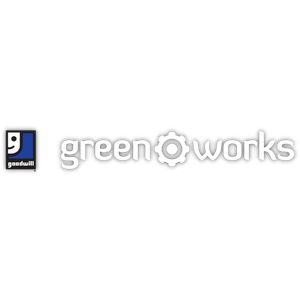
MRC Annual Conference offers unparalleled learning opportunities this year!
In recognition of the current working conditions we all face, the MRC Conference Committee made the strategic choice to develop 3, 90 minute conference sessions each week starting April 20 and ending with our keynote presentation on May 13. These longer sessions will allow us to explore topics resulting from or impacted by recent developments in state level policy changes and funding as we align to support every local government and help businesses step up to the challenges and opportunities at hand. We hope you'll be pleased at the list of sessions we have pulled together. Please share these great learning opportunities with public and private sector colleagues in your network!
With many thanks to our Conference Sponsors the MRC is able to offer April and May virtual Conference programming to anyone who's interested, free of charge! Click on the tabs below to explore the sessions we have in store for each of the four weeks of virtual programming. You can register individually for specific sessions of interest or register for the entire series at the registration link at the bottom of this page.
We look forward to the presentations and your involvement in them.
TUESDAY, 4/20 1-2:30 P.M.
Investing in Regional Hub and Spoke Recycling Models
Matt Todd, RRS
Kate Maguire, RRS
Sandy Skolochenko, North Carolina Department of Environment & Natural Resources
TBA, North Carolina hub/spoke representative
As Michigan gears up to make the investments necessary to increase the amount of organic and inorganic materials recycled, regional material hub and spoke collection networks are going to prove themselves to be a valuable part of the supply chain. See the detailed NextCycle Michigan gap analysis that is informing development needs. Learn the best practices behind scaling collection and sorting operations and material consolidation to meet needs and demand. Hear about different ways hub and spoke networks are being used to capture more and different types of material in North Carolina. Learn about the partnerships required for developing and maintaining a successful network. Explore the capital investments and equipment needed to outfit a site. See how these systems work together and understand, from an operations perspective, how to manage on-going costs to assure efficiently run operations that are financially sustainable for the long haul.
WEDNESDAY 4/21 10:30-Noon
Developing a Fundable Project:
How Not to Fail!
Josh Gunn, Michigan State University Extension
Matt Flechter, Michigan Department of Environment, Great Lakes, & Energy
Jim Frey, RRS
Many grants proposals are denied, not just for a simple lack of attention to detail but because the proposal hasn’t been fully cooked. Michigan’s Department of Environment, Great Lakes, and Energy has on-going funding available for recycling projects and wants nothing more than to see you succeed at putting recycling infrastructure in place to deliver high quality materials to market. Join this session to understand the components of a successful grant application/ funding proposal. Learn how to communicate your big idea through an outcome-oriented proposal. Avoid the common errors and omissions that could disqualify your application. Understand the role and importance of outreach and engagement plans for any project. Learn how to demonstrate the collective impact of your project by partnering with other organizations with similar goals. Get an inside look at the EGLE grant making process and explore the many ways you can meet the match requirement. Understand how project funding can be leveraged to attract additional investment.
THURSDAY 4/22 10:30-Noon
The Case for Recycling and Your Role in It
Elisa Seltzer, RRS
Liz Browne, Michigan Department of Environment, Great Lakes, and Energy
Theo Eggermont, Washtenaw County
Matt Naud, RRS
There’s a lot happening around recycling in Michigan and every local government has a role to play. Get an update on the activity contributing to the advancement of recycling and composting across the state. Understand what proposed changes to Part 115 mean for your county or local government. While counties play a key role and have the responsibility for planning, partnership with municipalities, townships, and villages that host these facilities and provide for services is key. Understand the value of being an active partner in the work. Understand how recycling impacts jobs, economic development, climate, and equity. Learn about NextCycle Michigan, a new initiative designed to foster public and private sector collaboration and investment in recycling that contributes to the economy Understand the value of recycling and the circular economy that can help you make the case for recycling whatever your role.
TUESDAY, 4/27 1-2:30 P.M.
NextCycle Michigan: Bridging Recycling Gaps Through Partnership and Innovation
Matt Flechter, Michigan Department of Environment, Great Lakes, & Energy
Bryce Hesterman, RRS
Meghan Wiebe, RRS
Michigan is looking for big ideas in material reuse, recovery, and recycling to help grow the state’s recycled materials supply chains and end markets. NextCycle Michigan is a first of its kind initiative from the Department of Environment, Great Lakes, and Energy (EGLE) that leverages public and private technical assistance and investment in Michigan’s recycling and waste recovery system. The goal of this accelerator program is to advance ideas into shovel-ready ventures that allow for materials once destined for landfill to instead re-circulate in Michigan’s economy. Join this interactive session to explore gaps and potential projects with colleagues and learn about upcoming opportunities to participate in this program through the following challenge tracks:
FLOWS: projects to transform any aspect of organics recovery, from food, wood, and other organic material recovery and collection to new end markets.
RSC: projects that focus on the development of physical recycling supply chain infrastructure through hub and spoke systems, logistics, processing, or material end market innovations.
I2P3: teams to form public-private partnerships and regional collaborations that grow regional circular economies.
MICROS: small-scale funding for innovative solutions for the collection, processing, minimizing, reusing, or recycling of Michigan’s waste materials.
RIT: teams that are creating novel material recovery and sorting technologies, recycled product designs, waste minimization techniques, new uses for recycled or organic materials, or other innovations in sustainable materials management.
ROADS: projects that focus on using recycled content such as glass, asphalt shingles, tires, organics, or other materials in improve roads and pathways.
WEDNESDAY, 4/28 1-2:30 P.M.
Getting Cost-Effective Recycling Services for your Business
Tom Carpenter, Waste Management
Dr. Kate Martini, PhD, Bell's Brewery
Chris Babcock, Michigan Department of Environment, Great Lakes, & Energy
Daniel Keitzer, US Business for Sustainable Development
What can you learn about recycling and sustainability from large manufacturers? It turns out a lot. Waste Management has developed some basic tenets and best practices learned from years of servicing the big brands that can be scaled down and customized for operations and programs of all sizes. Understand how your recycling program can be the catalyst for meeting larger sustainability goals. Understand the economics of recycling and sustainability and see how investing in cost effective waste reduction can create a sustainable recycling program. Learn how Bell’s Brewery developed a progressive and sustainable recycling program without paying more. See the importance of a waste audit to identify materials ripe for waste reduction and recycling. Learn about programs and services that can help such as, the State’s Integrated Assessment Program and the Michigan Material Marketplace can make it easier to identify new opportunities for your waste.
THURSDAY, 4/29 1-2:30 P.M.
Increasing Recycling Quality in Michigan: Curbside and Drop Off
Cassandra Ford, The Recycling Partnership
Bob Swain, City of Grand Rapids
Mike Csapo, Resource Recovery and Recycling Authority of Southwest Oakland County
As Michigan works to increase recycling capture and decrease contamination, tools and resources are needed to help communities achieve results in both curbside and drop off recycling programs. The Recycling Partnership will dive into the details of their proven Feet on the Street (FOTS) quality improvement program, which uses education and direct resident engagement strategies to address needed behavior change, and discuss how FOTS was modified to work in drop off settings. Community partners, Grand Rapids and RRRASOC, will provide some Michigan-specific project results, how they communicated with residents and decreased recycling contamination in their communities.
TUESDAY, 5/4 10:30-Noon
Funding Local Recycling Programs
Jeff Krcmarik, Department of Environment,
Great Lakes, and Energy
Bob Davis, Attorney-At-Law
Theo Eggermont, Washtenaw County
Morgan Feldpausch, Eaton County
Rosemary Graham, Allegan County
With state funding secured and policy changes on the horizon, local governments will have to step up to assure the provision of recycling services and opportunities in their communities. These services are funded and delivered in a number of different ways across the state. Just like waste services, recycling services are an expense. If waste and recycling services are bundled and offered at community scale, economies of scale can be reached and leaders can assure those services, and more, are provided at often lower cost than if residents have to buy those services direct. Learn about the variety funding mechanisms local governments can use to pay for these essential community services.
WEDNESDAY, 5/5 10:30-Noon
Material Recovery Facility Panel Discussion: What’s on the Horizon?
Panel will include representatives from:
Emmet County, Emterra Environmental, GFL, Kent County, Marquette County Solid Waste Management Authority, Michigan State University, Recycle Ann Arbor, Republic Services, and SOCRRA
Moderators: Kerrin O’Brien, Michigan Recycling Coalition & Matt Flechter, Michigan Department of Environment, Great Lakes, & Energy
With the opening of three new materials recovery facilities, it’s clear that state funding is already making an impact, and it’s likely the recycling industry will continue to experience dramatic change. With NextCycle Michigan poised to multiply State investment and the inevitable passage of the Part 115 rewrite, we will only uncover more needs in this space. Join us for a conversation and Q&A with Michigan’s material recovery facility (MRF) operators to gain insight into the unique challenges these facilities face. Develop a better understanding of MRF operations and the multitude of factors that impact their success. Learn about scaling and capacity and other ways facilities can meet the needs of region. Increasing the volume and quality of recovered material is everyone’s job and will require better coordination and education across the reverse supply chain. Learn how to develop a successful partnership that helps your local MRF thrive and deliver the services your community needs.
THURSDAY, 5/6 10:30-Noon
The Cost of Logistics: The Ins and Outs of Trucking Material
Kari Bliss, PADNOS
Tom Olshefski, Pratt Industries
Jill Brown, Metro Recycling Systems
Tim Botzau, City of Bay City
Collection is a significant portion of the cost to recycle, especially for curbside programs, but transporting material for processing and marketing is a significant cost for any public or private sector recycling program. Hear from several different types of recycling service providers, understand what makes them different. Understand the economies of scale needed to maximize programs of all sizes. Learn the general rules of trucking materials and the cost per ton to haul commodities. Learn how these stakeholders think about the logistics and movement of material and work to assure cost-effective management of recyclables for all parties involved. See how different service providers work with clients to meet those economies of scale and explore options that may work best for your program.
TUESDAY, 5/11 10:30-Noon
EGLE Updates
Moderator: Matt Flechter
Join your colleagues at the Michigan Department of Environment, Great Lakes and Energy to hear about the Materials Management Division’s major initiatives. Learn about the Division’s vision for funding allocation based on identified need and gaps. Understand how the Division manages regulatory and development goals. Hear about the variety of projects and programs funded through market and infrastructure development grants, including progress on both the Recycling Raccoon Education Campaign and the NextCycle Michigan initiative. See how they are preparing for the move to Materials Management Planning. In this interactive session, join staff in small groups to explore specific topics of interest. Ask questions, share your priorities and perspectives on planning, electronics, organics, data collection, recycling education, infrastructure, and markets.
WEDNESDAY, 5/12 10-Noon
10-11 A.M. Circularity Isn’t Charity
– It’s Operational Strategy
Deborah Dull, Founder, Circular Supply Chain Network
The circular economy is about adding value to materials and using them for as long as possible. The challenge is that today’s linear economy is about encouraging consumers to consume products as quickly as possible. This inspires high inventory turns and a focus on cost per unit. Ultimately, the circular economy is about inventory — extending its life, reusing it, repurposing it, or eliminating the need for it altogether. Supply chain is responsible for securing and managing that inventory, and a global, circular economy requires supply chain innovation far beyond this linear economy. Understand the supply chain and the key role it plays in the consumption of resources. Learn why the inevitable shift to a circular economy paves the way for consumers to be users. See how, in a circular economy, waste streams become value streams and understand your role in the supply chain. This session will explore how to use circularity as a strategy in your supply chain so you can save time and money, employ more people, and future-proof your operations.

Deborah Dull is the Founder of the Circular Supply Chain Network and a Principal of Manufacturing Product Management for GE Digital where she is responsible for supply chain, circular economy, and customer success. Prior to that she was an Impact Investor for Health Supply Chains at the Bill & Melinda Gates Foundation and spent six years at Microsoft where she oversaw launch management, inventory management, and innovation. She is a sought after author and speaker having been published in various books, articles, and white papers and spoken at dozens of industry events. Deborah holds Supply Chain & Operations Management degrees from Western Washington University (BA) and the University of Liverpool (MSc), with a thesis focused on the digital
supply chain.
11-Noon MRC Updates
Get updates on Michigan Recycling Coalition programs and initiatives from organizational leaders. Hear the results of the MRC Board of Directors election.
THURSDAY 5/13 10:30-Noon
The Paradox of Plastic
Nina Butler, Stina Inc.
Ralph Chami, International Monetary Fund
The World Economic Forum poses a riddle. When is the plastic waste issue not a plastic waste issue? Answer: When it’s also a carbon and climate change issue, a social issue, and a circular economy issue.
Plastics have loomed large in the development of lightweight weight, durable alternatives in almost every industry. In fact, plastic has emerged as the material of choice for many applications across the globe, but the environmental impact of this shift to plastic is also mounting. Join this session to learn about the truly significant challenges we face from two powerhouse speakers working to bring awareness and solutions to the table. Hear about the research and work being done on a number of levels that are likely to contribute to developing strategies intended to not only limit negative impacts, but to rethink the system and maintain the value of otherwise waste plastics. Understand the roles of state and local government in the shift toward responsible consumption and recovery. See where the opportunities for innovation, scaling up of mechanical recycling and other worthy solutions are needed to move beyond the perpetual cleaning up our problems but engineering those problems out of our future.

Nina Bellucci Butler is the CEO of Stina Inc. (formerly More Recycling). Stina Inc. is a research and technology firm with a mission to provide forward-thinking programs, tools (e.g., PlasticsMarkets.org), and services to accelerate the transition to a society that manages resources sustainably. Nina has been a visionary, leading industry, building collaboration, and shedding light on the information necessary to overcome barriers to plastic recycling for nearly 20 years. She has a Masters in Environmental Management from Duke University.
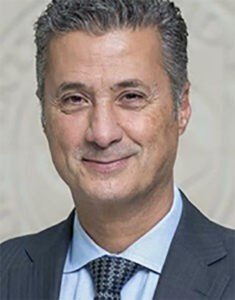
Ralph Chami is currently Assistant Director in the Institute for Capacity Development (ICD), International Monetary Fund, where he oversaw the development and implementation of the internal economics training program for all IMF economists as well as the revamping of the Institute’s external training program for officials from member countries. Most recently, he was Assistant Director and Division Chief in the Middle East and Central Asia Department where he oversaw surveillance and program work on fragile states: Egypt, Libya, Somalia, Sudan, South Sudan, and Yemen, and was Mission Chief for Libya and Somalia. He is the recipient of the 2014 IMF Operational Excellence Award for his work on Libya.

